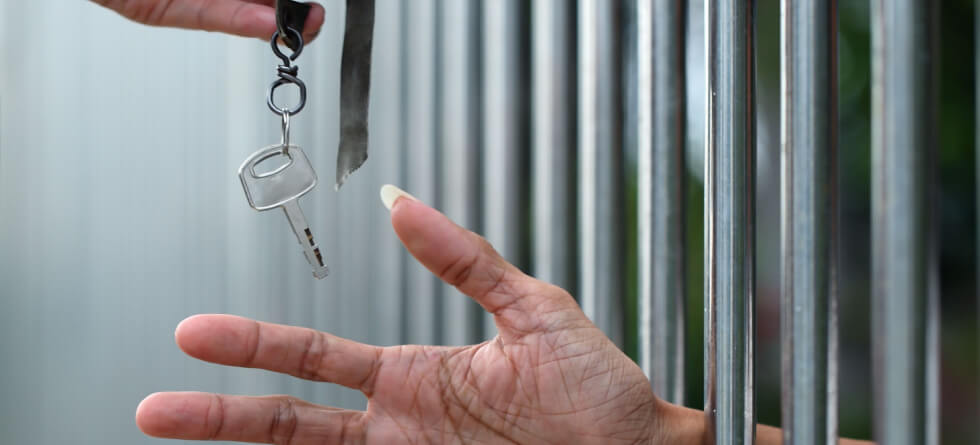The purpose of a bail bond is to provide an option for defendants who cannot afford to pay their full bail amount, allowing them to be released from jail while they await their trial. When a defendant is arrested and charged with a crime, they may be required to pay bail to be removed from prison. The amount of bail required can be high, and many defendants cannot afford to pay it in full.
The defendant may work with a bail bondsman to secure their release in these cases. The bail bondsman pays the total amount of the bail on behalf of the defendant in exchange for a non-refundable fee (usually around 10% of the bail amount).
By working with a bail bondsman, defendants can secure their release for a fraction of the cost of their total bail amount. This allows them to prepare for their trial outside of jail rather than being held in custody while they await their trial.
While bail bonds can be an effective option for defendants who cannot afford to pay their full bail amount, they are not without risk. If the defendant fails to attend all required court hearings, the bail bondsman may take possession of any collateral put up as a guarantee, such as property or assets.
The purpose of a bail bond is to provide a way for defendants to be released from jail while they await their trial, regardless of their financial situation.




